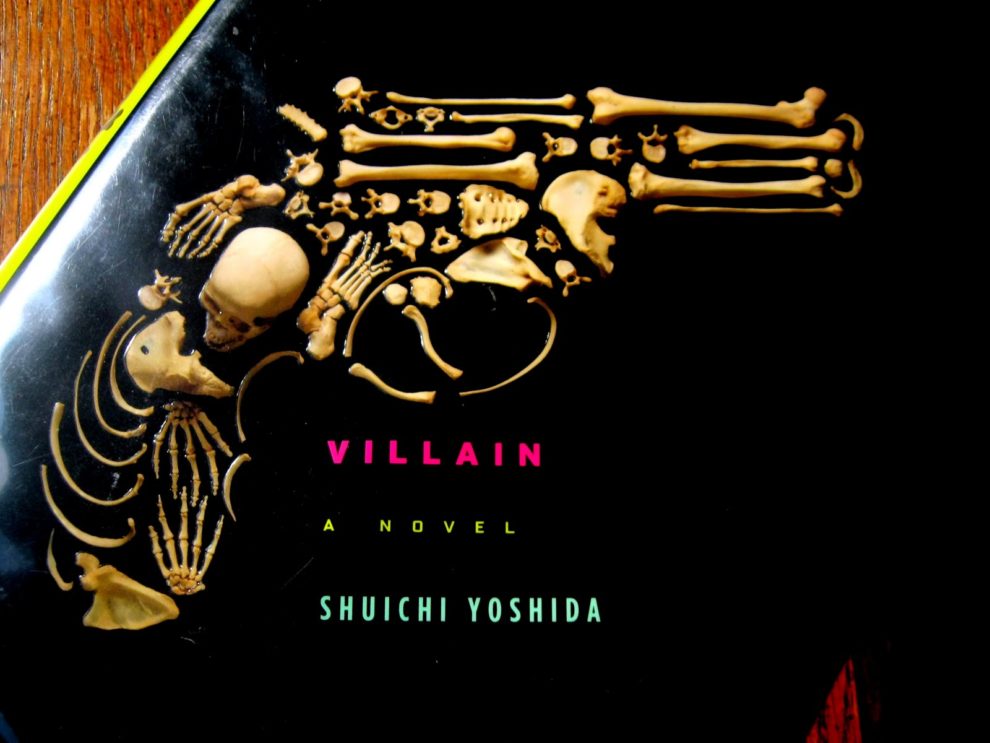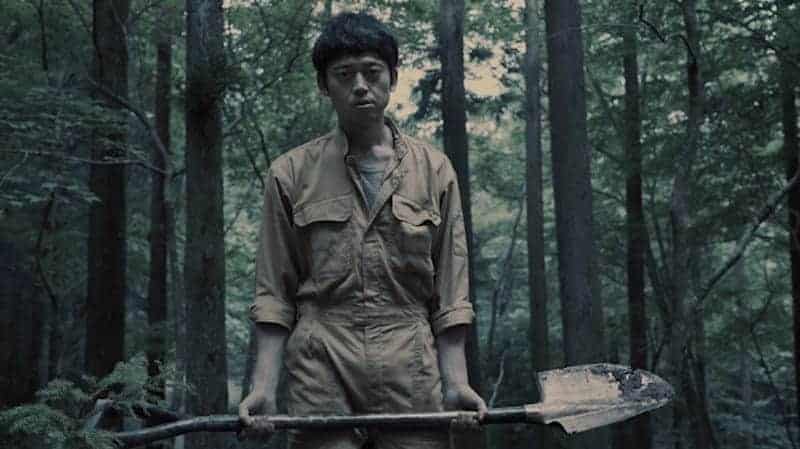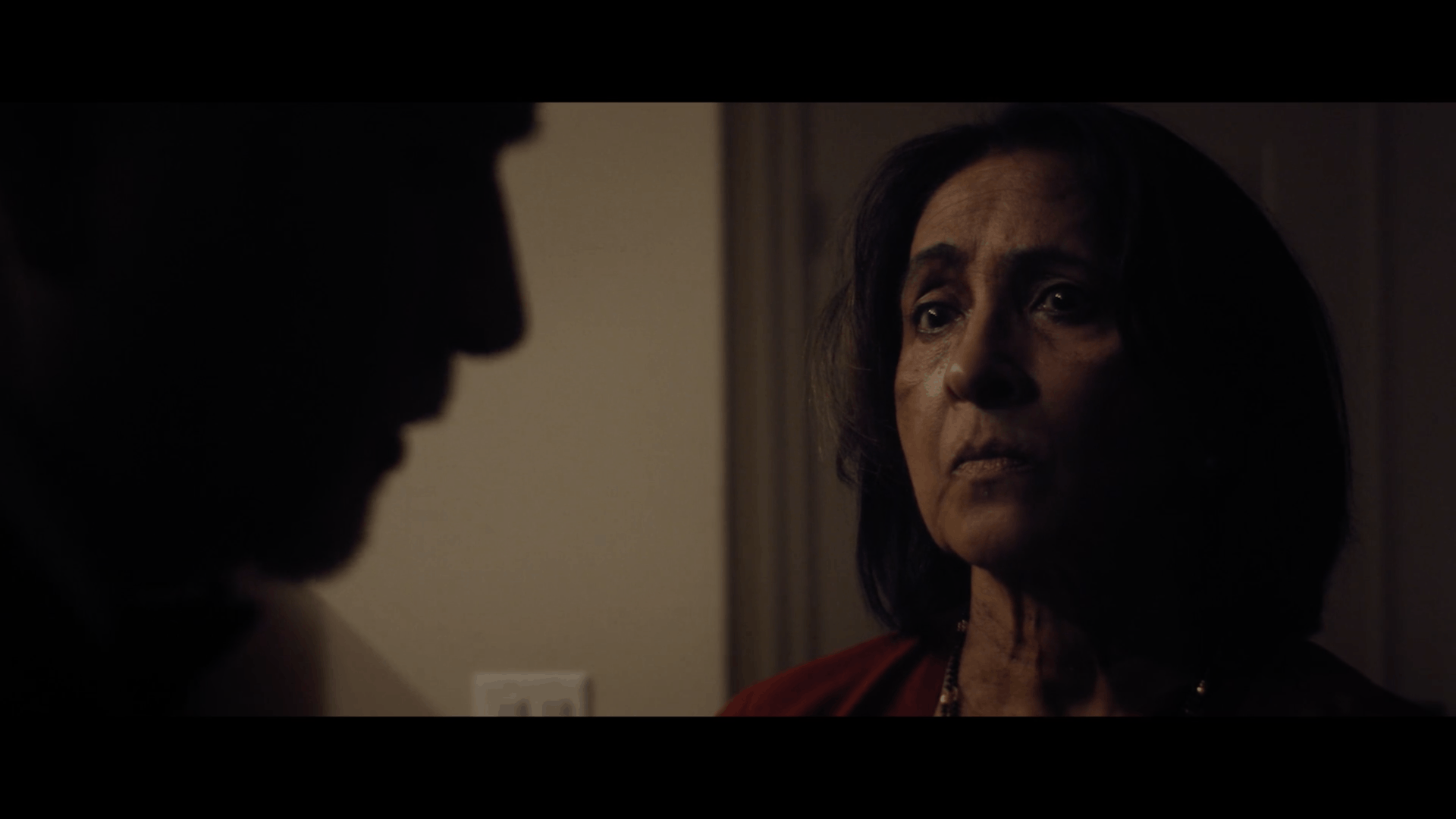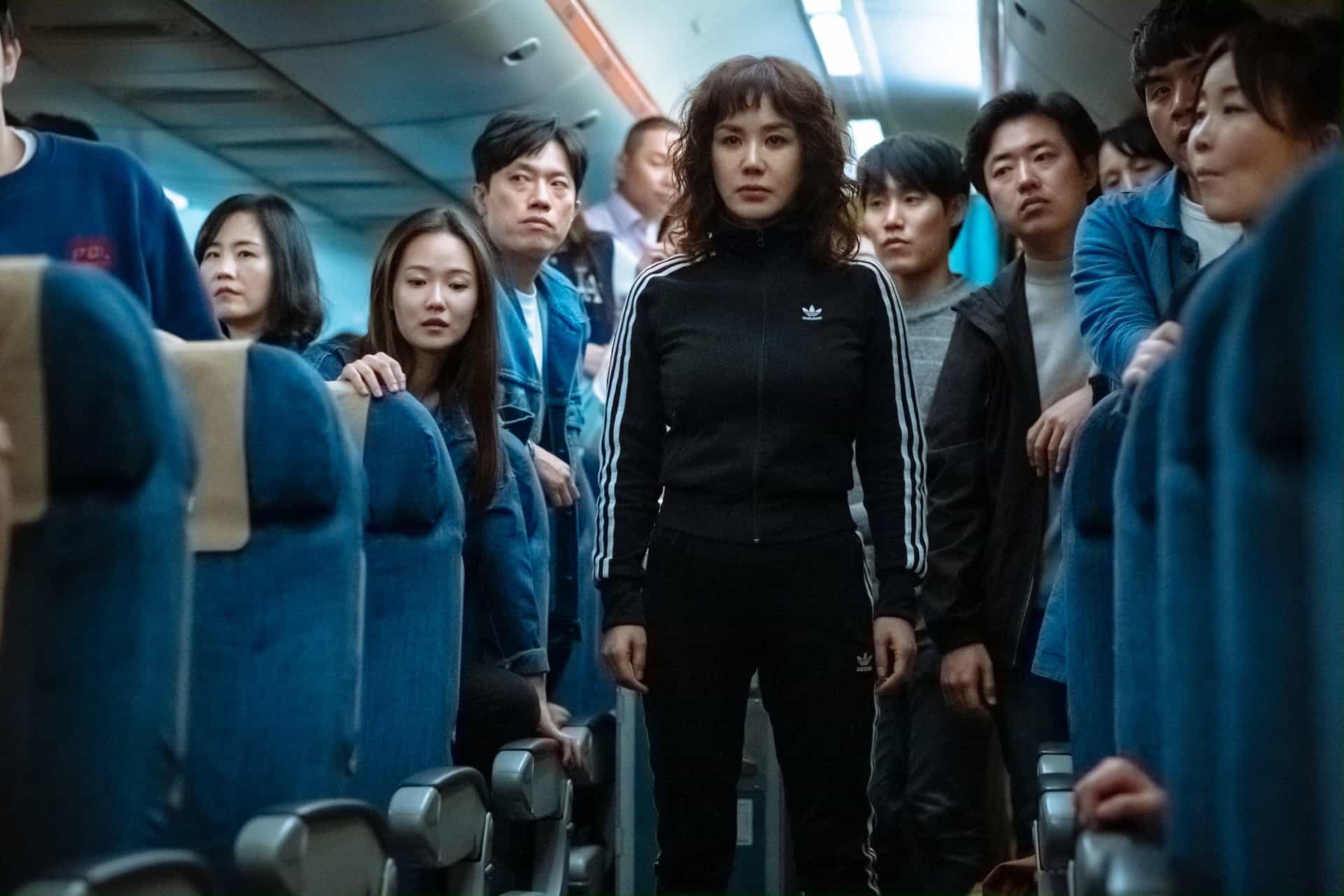Winner of the Osaragi Jiro Prize and the Mainichi Publishing Culture Award, “Akunin” as is the original title of the novel, was also adapted into an award-winning film by Lee Sang-il, and was the first work of the author to be translated into English.
Yoshino, a young insurance saleswoman is found strangled at Mitsue Pass, an area with an eerie history since the seclusion of the place has led it to be a hideout for robbers, murderers in the past, and in the people's imagination, of ghosts. Her family and co-workers are completely shocked, with the police's first suspect, Keigo, a college student the victim had a thing for, is nowhere to be found. Soon, another possible suspect comes to the fore, Yuichi, a young construction worker who is living with his grandparents. As the story starts to focus on the past and present of everyone involved, the focus changes also to Yoshio, Yoshino's father, and Yuichi's aging grandmother, who finds herself also into a different kind of trouble, while everyone else is revealed as something completely different than those around them perceived. Lastly, Mitsuyo, a girl desperate for love, also comes to the fore.
Shuchi Yoshida writes a very strange novel, since the police procedure and the whodunit aspect are actually used as an excuse for character analysis, and a number of social and psychological comments. Even more surprisingly, however, almost every character involved in the crime is eventually revealed to be rather unlikeable or even evil, the more Yoshida analyzes their past and present endeavours. In that fashion, Yoshino is eventually revealed as a liar who frequently indulged in online dating, even receiving payment for her services, Keigo as a spoiled, exploitative conceited brat, and Yuichi as someone who definitely suffers from some kind of psychiatric condition. At the same time, every one of them is also revealed as a hypocrite of the worst degree.

Granted, Yoshida gives some excuses for their behaviour, mostly having to do with their relationship with their parents, which range from problematic to non-existent, and also the setting of the modern Japanese society, which essentially seems to promote alienation, resulting in a number of youths desperate for some sort of connection with others, either friendly, romantic, or sexual. At the same time however, the way the youths of the story act makes it very difficult for anyone to empathize with them, particularly after everything is revealed during the end.
The same actually applies to the ones not involved. Yoshino's grandmother is presented as weak and almost useless, Yoshio as a man who realizes he did not know anything about his daughter, and is not sure where to channel his anger for his daughter's death the the public's reaction, and Yuichi's mother as another spoiled brat who was never mother material.
Through the characters and the events revolving around them, Yoshida paints a rather bleak picture of the country, which is presented as a setting totally unwelcome socially, a concept that the locals have fully accepted, resulting in a despair that almost inevitably leads to violence.
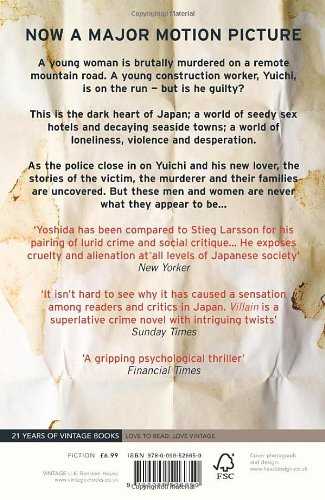
At the same time, however, there is something captivating about the way Yoshida delves into the deepest levels of his character's souls even if the only thing found there is more darkness, to the point that the novel remains captivating from beginning to end, with one exception. A bit before the final part, before Mitsuyo makes her appearance, the book lags significantly, with a number of episodes that are rather intensely prolonged, or utterly unnecessary, although the ending actually compensates.
Yoshida's writing is in general simple, with short sentences and an occasional change from the dominant third person perspective to the first person, which actually works quite well for the narrative, breaking the monotony of the narration. The flow is also quite good, with the flashbacks being well placed in the story and the revelation of each individual's true character being in a very appealing, gradual fashion.
“Villain” may present a rather bleak portrayal of modern Japan and particularly its youths, but the story, the characters, and the comments result in a book that is captivating and in general, quite easy to read.


